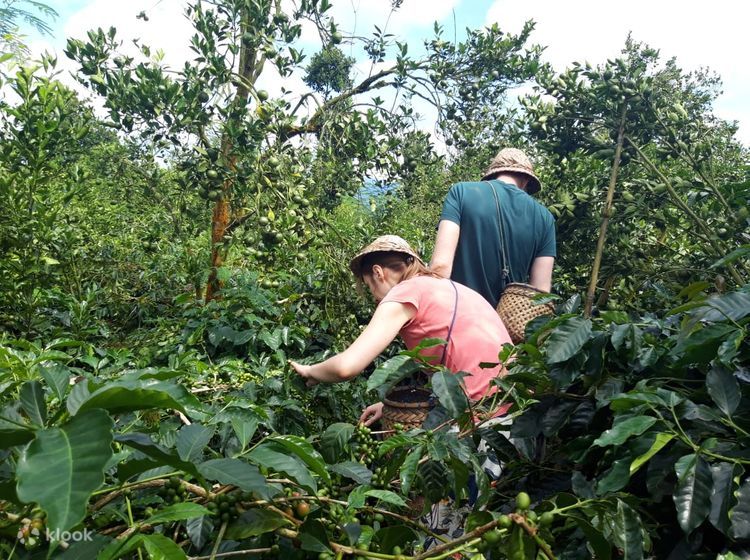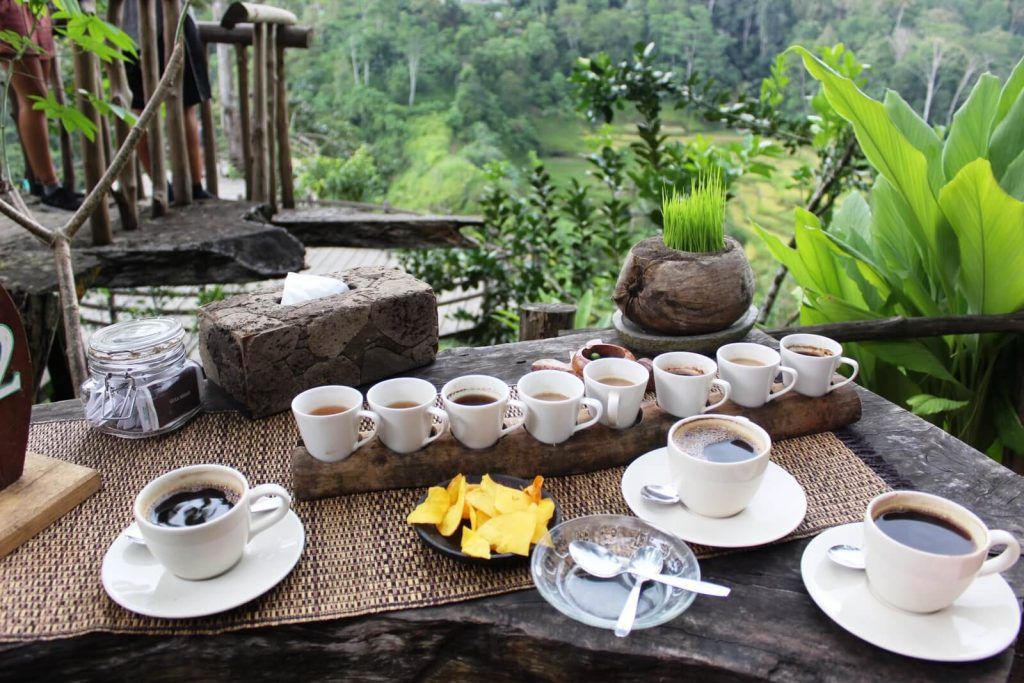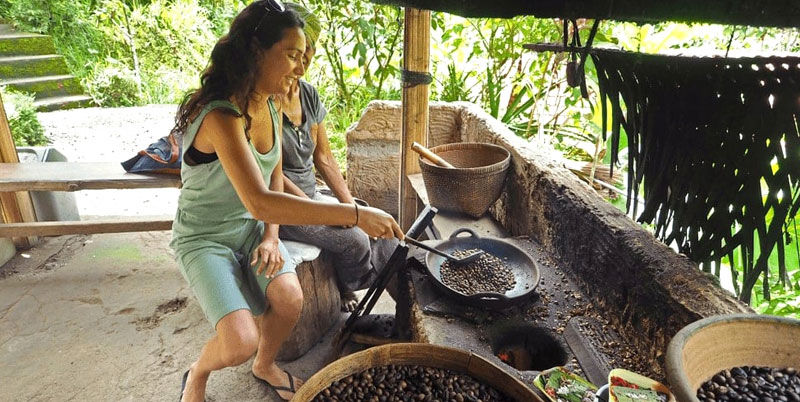
Ubud, the cultural heart of Bali, is renowned for its lush landscapes, vibrant arts scene, and rich traditions. Among its many attractions, Ubud’s coffee plantations stand out as must-visit destinations for coffee enthusiasts and curious travelers alike. These plantations offer a unique opportunity to delve into Bali’s coffee culture, from bean to cup, while enjoying the serene beauty of the island’s highlands.
The Coffee Culture in Ubud
Bali has a long history of coffee cultivation, with its unique climate and fertile volcanic soil providing ideal conditions for growing high-quality coffee. Ubud, located in the central highlands, is home to numerous coffee plantations that produce some of the finest Arabica and Robusta beans. These plantations are not just about coffee production, they are about celebrating Bali’s agricultural heritage and sharing it with visitors.
Experiencing the Coffee Process
A visit to an Ubud coffee plantation typically begins with a guided tour that takes you through the entire coffee-making process. This immersive experience includes :
- Cultivation : Learn about the different coffee plants, how they are grown, and the importance of sustainable farming practices.
- Harvesting : Discover the meticulous process of hand-picking coffee cherries, ensuring only the ripest and best-quality beans are selected.
- Processing : Witness the various methods of processing coffee beans, from traditional sun-drying techniques to modern methods like wet processing.
- Roasting : Understand the art of roasting, which is crucial for developing the beans’ rich flavors and aromas. Many plantations still use traditional methods, roasting beans over an open fire.

Tasting the Flavors of Bali
No visit to a coffee plantation is complete without a tasting session. Ubud’s plantations offer visitors the chance to sample a variety of coffees, each with its distinct flavor profile. Highlights include :
- Kopi Luwak : Known as the world’s most expensive coffee, Kopi Luwak is made from beans that have been eaten and excreted by civet cats. The unique fermentation process in the animal’s digestive tract is said to give the coffee its smooth, rich flavor.
- Single-Origin Coffees : Taste a range of single-origin Arabica and Robusta coffees, each reflecting the unique terroir of the region where it was grown.
- Coffee Blends : Sample expertly crafted blends that combine different beans to create complex and balanced flavors.

Cultural and Educational Experiences
Beyond coffee, many Ubud coffee plantations offer additional cultural and educational experiences :
- Agro-Tourism : Explore other crops grown on the plantation, such as cocoa, vanilla, and tropical fruits, and learn about Bali’s diverse agricultural practices.
- Workshops and Classes : Participate in hands-on workshops where you can learn to roast your own coffee, brew the perfect cup, or even create traditional Balinese coffee art.
- Cultural Performances : Some plantations offer cultural shows featuring traditional Balinese dance and music, providing a deeper understanding of the island’s heritage.
Exploring Ubud’s coffee plantations offers a rich and rewarding experience that combines the love of coffee with a deep appreciation for Bali’s natural beauty and cultural heritage. From learning about sustainable farming practices to tasting some of the world’s finest coffees, a visit to these plantations is a journey through the heart of Bali’s coffee culture. Whether you are a coffee connoisseur or a casual traveler, Ubud’s coffee plantations provide a unique and memorable experience that captures the essence of this enchanting island.
